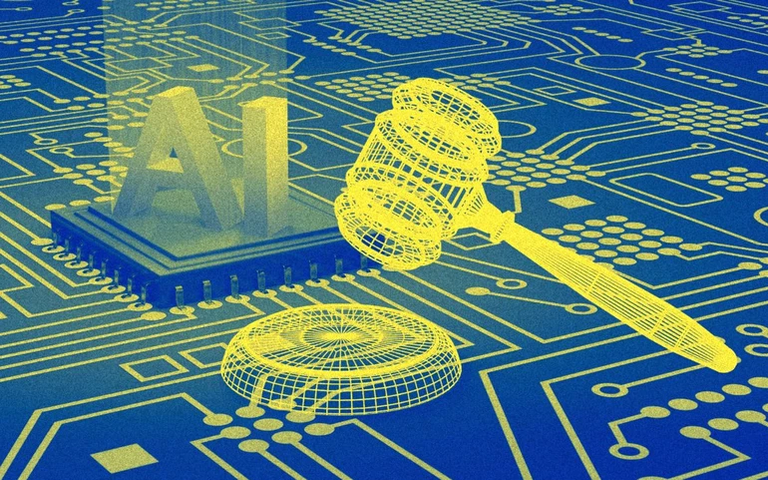From the launch of ChatGPT to the latest AI regulations, Europe has been on a ride through the digital realm. This week, the EU took center stage with the unveiling of its groundbreaking Artificial Intelligence Act, a move hailed as both bold and contentious.

On Wednesday, the European Parliament greenlit the AI Act, a gamble-based approach to ensure tech products meet regulatory standards before hitting the market. The next day, the European Commission fired off directives to tech giants, demanding transparency on how they tackle the risks of generative AI.
While the EU frets over AI hallucinations, viral deepfakes, and automated manipulation, the tech community has its gripes, with some experts feeling the regulations don't quite hit the mark.
Brussels earns kudos for taking the lead in regulating AI's myriad risks, but there are caveats, warns Max von Thun of the Open Markets Foundation. His gripe? The AI Act's lukewarm stance on tech monopolies.
"The AI Act falls short in addressing AI's real threat: its role in bolstering the extreme power of tech giants in our lives, economies, and democracies," he cautions.
While some startups welcome the clarity, others fear it could stifle innovation. Alex Combessie, CEO of French AI firm Giskard, sees both sides of the coin: "While the Act imposes additional requirements, we're confident these checks and balances can be implemented responsibly."
The regulation zooms in on "foundational risks," targeting AI systems powered by hefty computing might. But is it enough?
According to Katharina Zügel from the Group on Information and Democracy, more should be done to categorize AI systems used in the information space as high-risk, given their impact on fundamental rights.
But where do businesses fit into this? Julie Linn Teigland of EY emphasizes the need for companies to adapt, stressing the importance of staying ahead of the regulatory curve.
For startups and SMEs, the AI Act's flavor is bittersweet, says Marianne Tordeux Bitker of France Digitale. While it addresses transparency and ethics, it could create regulatory hurdles, potentially tilting the playing field in favor of US and Chinese competitors.
With the AI Act inked, the real test lies in its enforcement. Risto Uuk of the Future of Life Institute stresses the importance of robust execution and complementary regulations, like the AI Liability Directive and the EU AI Agency.
As Europe navigates its digital destiny, one thing is clear: The AI adventure has just begun.